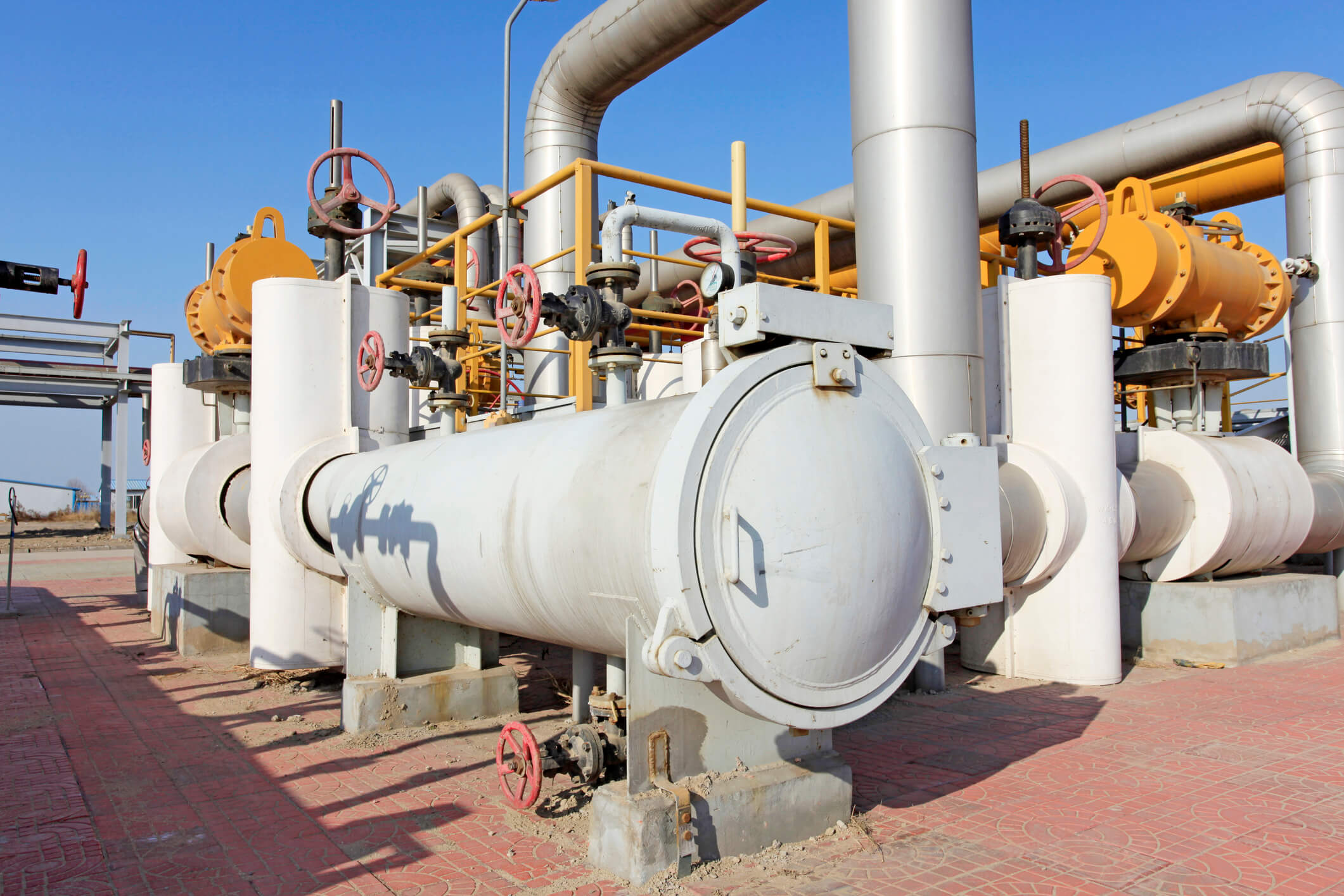NERC has released a report concluding that the increasing interdependence of the power system and the natural gas delivery system has resulted in new electric reliability risks. NERC’s Special Assessment: Potential Bulk Power System Impacts Due to Severe Disruptions on the Natural Gas System notes that as reliance on natural gas to meet electric generation requirements increases, additional planning and operational measures must be considered to better mitigate power system reliability risks.
Recommended Actions
Utilities should consider the loss of key natural gas infrastructure in their planning studies.
Utilities should develop criteria to evaluate large-scale power delivery system reliability impacts due to loss of natural gas pipelines, LNG, compressor stations, or natural gas storage facilities in the extreme event list as detailed in the Transmission Planning NERC Reliability Standard (TPL-001-4). The criteria should also consider capacity and energy limitations, including seasonal replenishment requirements of gas storage facilities. Pipeline systems should be planned with the equivalent of N-1 contingency planning to assure deliverability of natural gas in the event of a pipeline, LNG terminal, or gas storage facility outage.
Owners and operators of dual fuel capable generators must ensure operability on their secondary fuel.
Generator Owners and Operators of units with dual fuel capability should maintain and regularly test fuel switching operational capabilities and back up fuel inventories at units to ensure that dual fuel capable units provide adequate resilience in the event of a natural gas outage.
Reliability Guidelines
The NERC Operating Committee is drafting a Reliability Guideline on Gas and Electrical Operational Coordination that identifies operational practices to increase power system resilience and adaptability during extreme conditions impacting gas supply. The guideline will provide insights on establishing gas and electric industry coordination mechanisms; training, and testing; establishing and maintaining open communication channels; and best practices for maintaining situational awareness. It will also provide examples of proactive measures that should be taken to prepare for the potential of adverse conditions on the pipeline system. It is expected to be on the NERC website in the near future.




